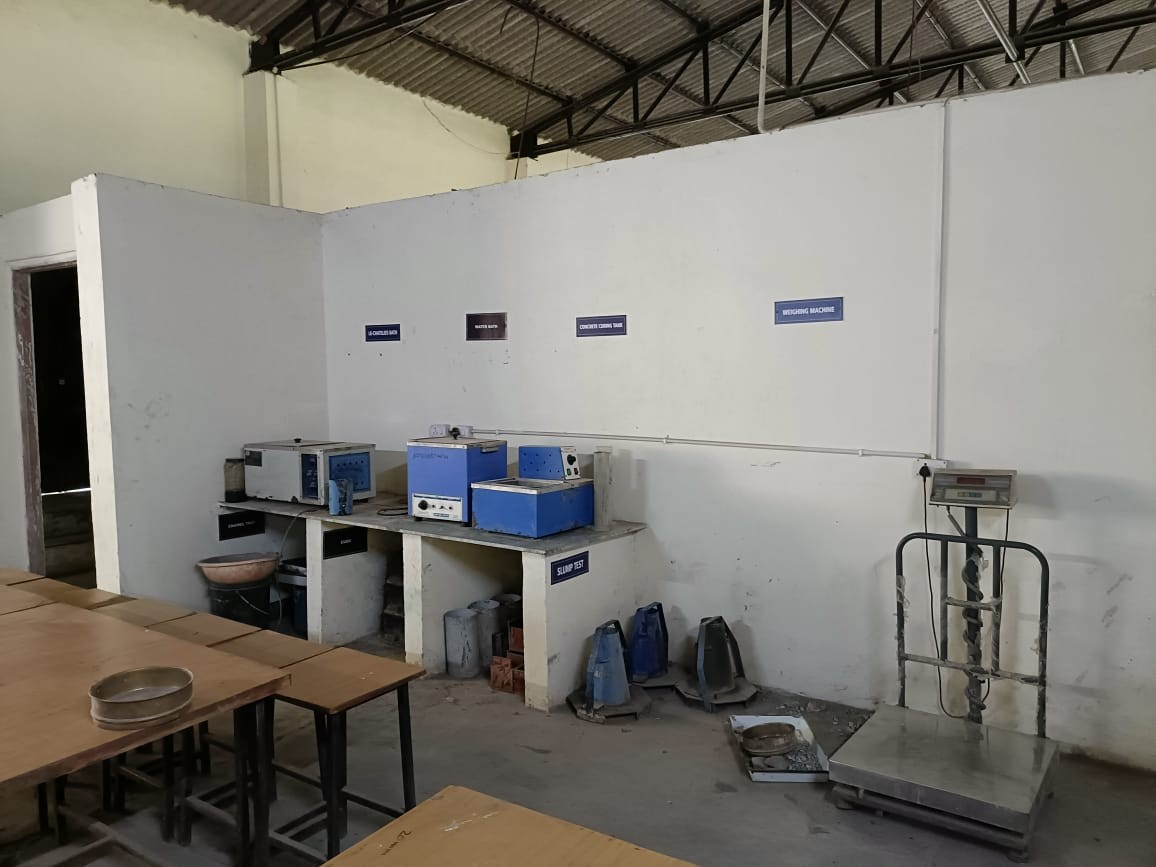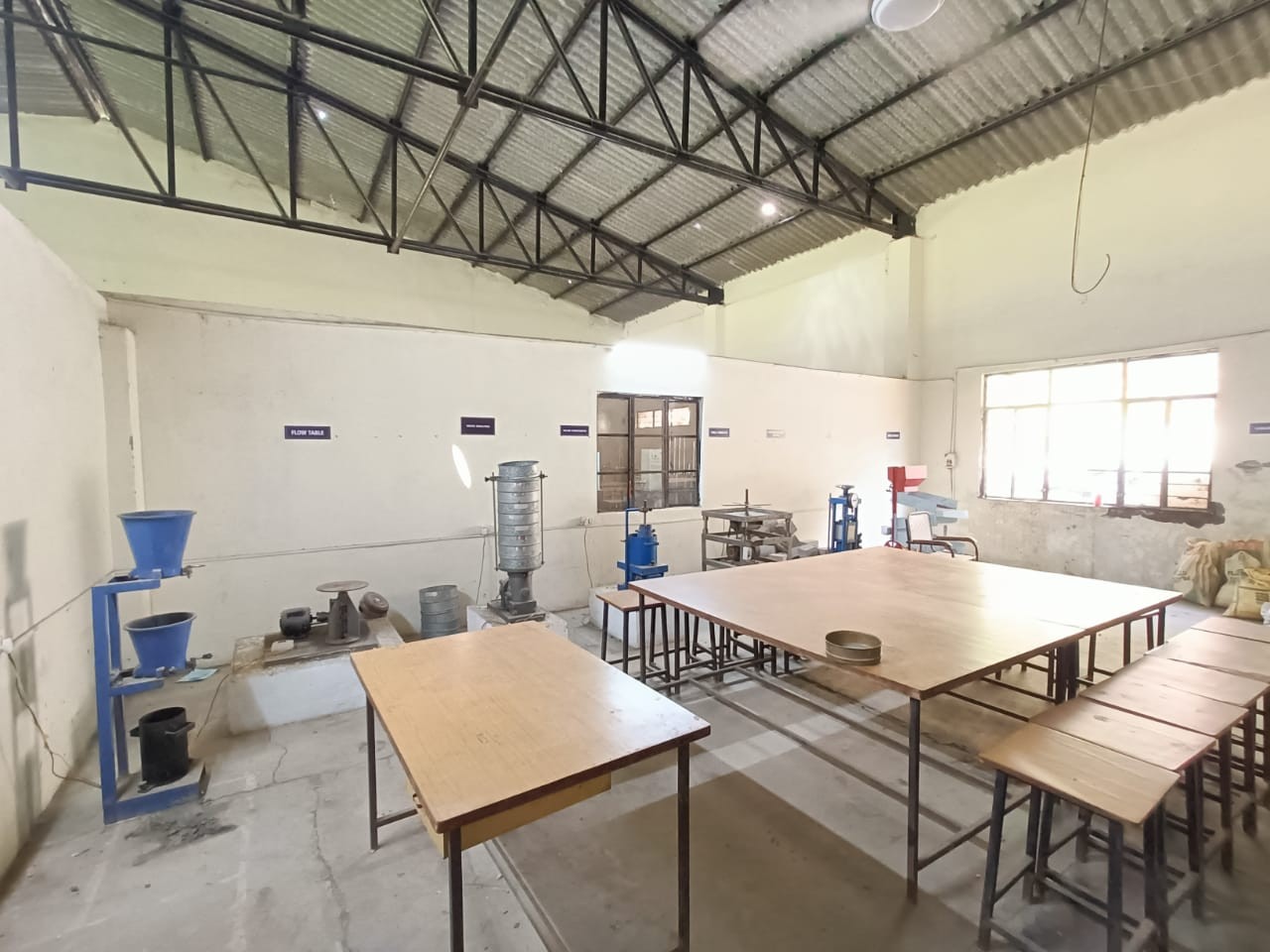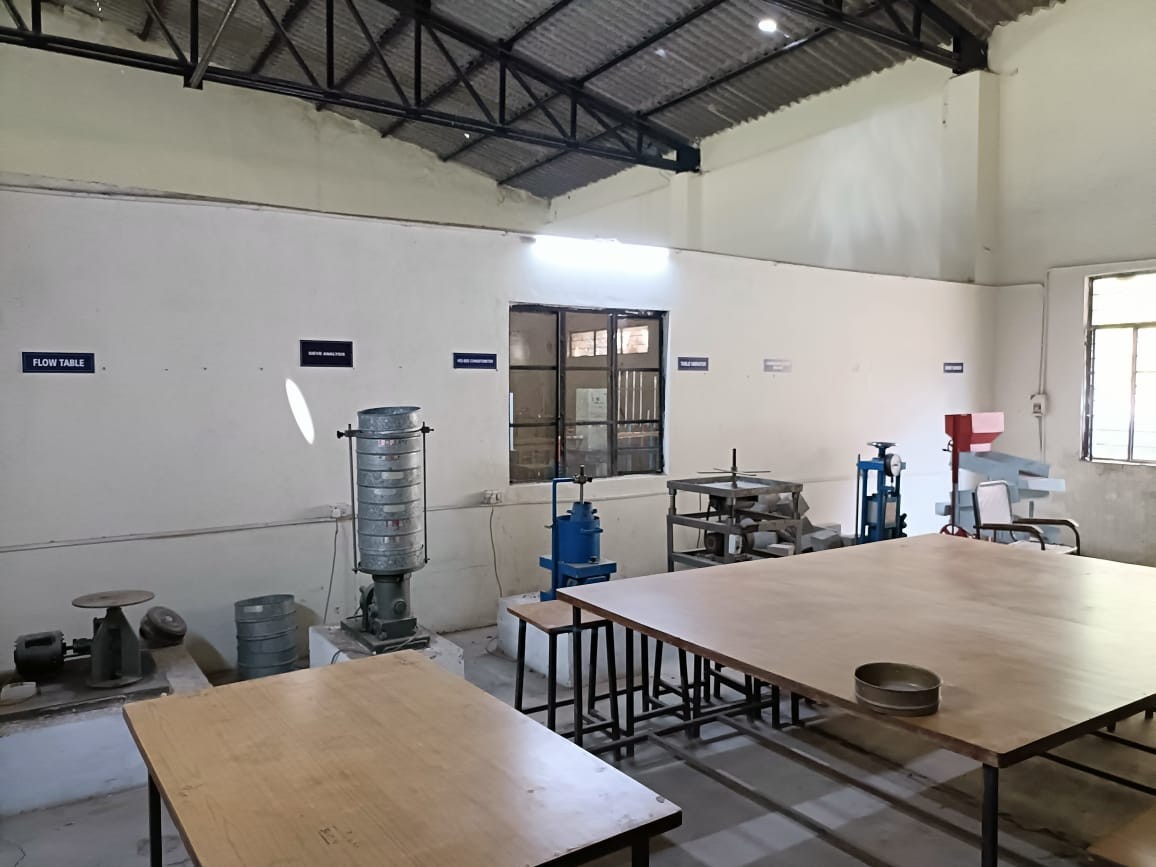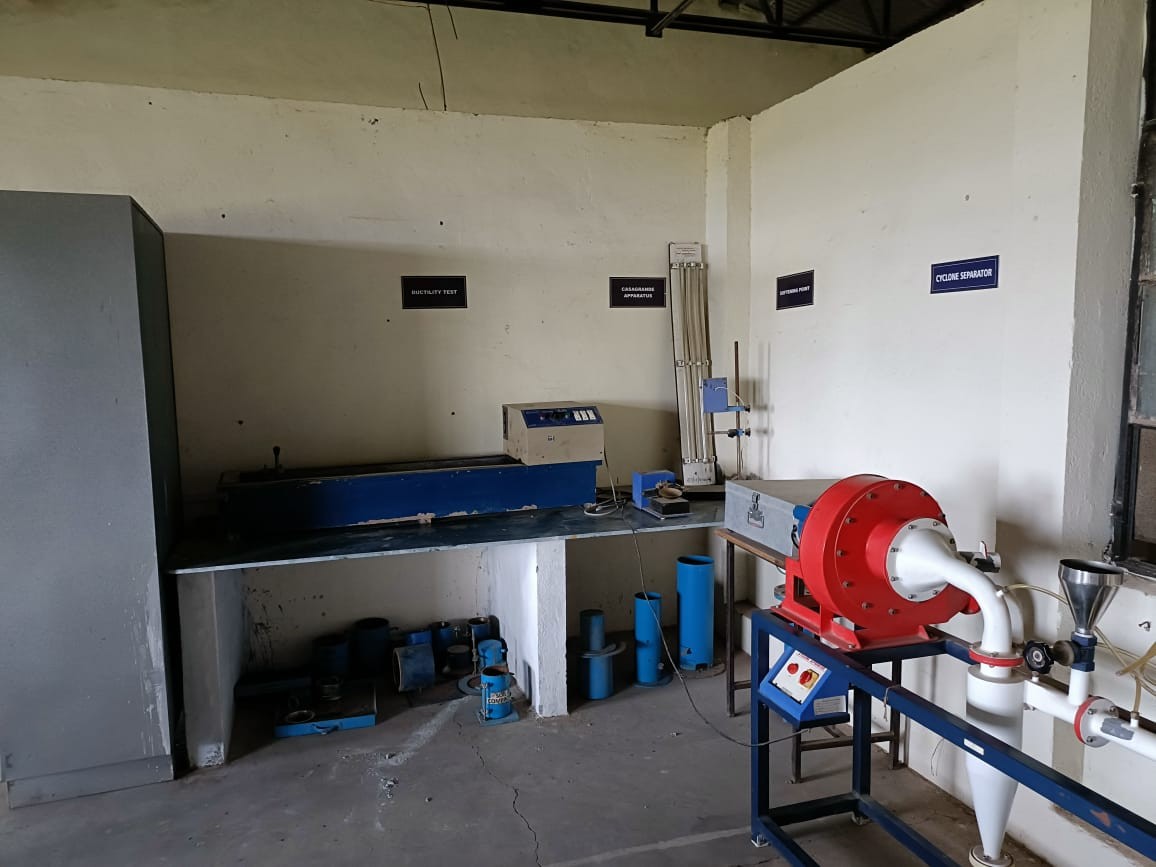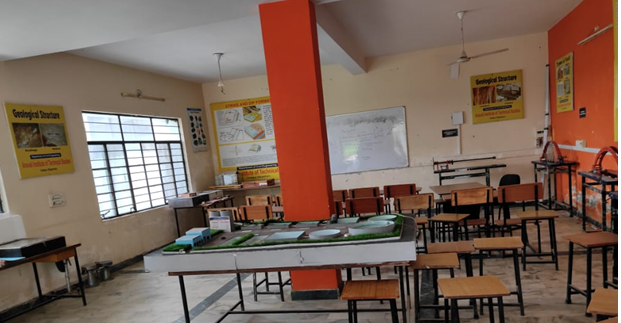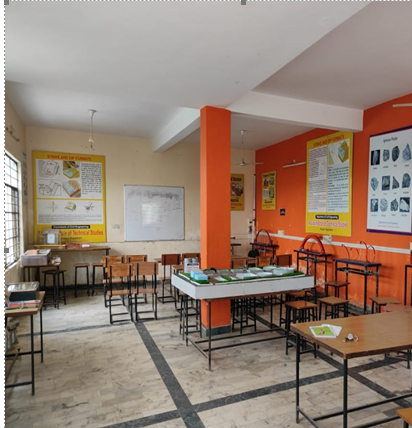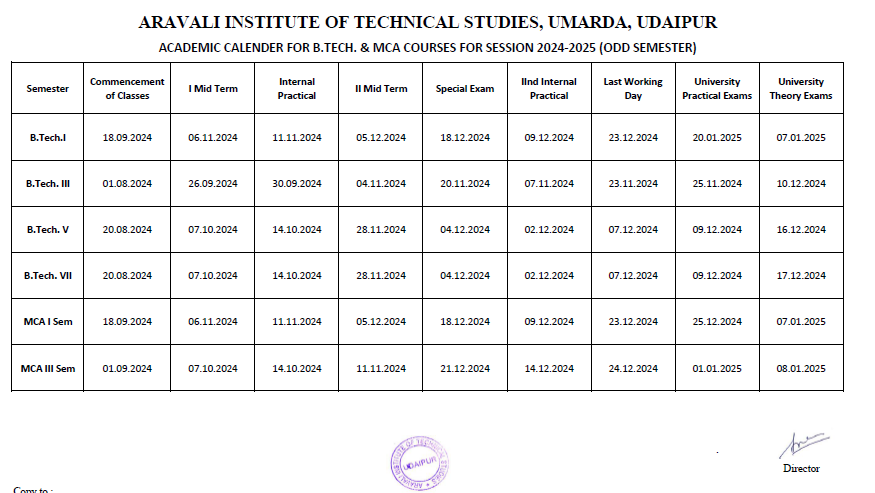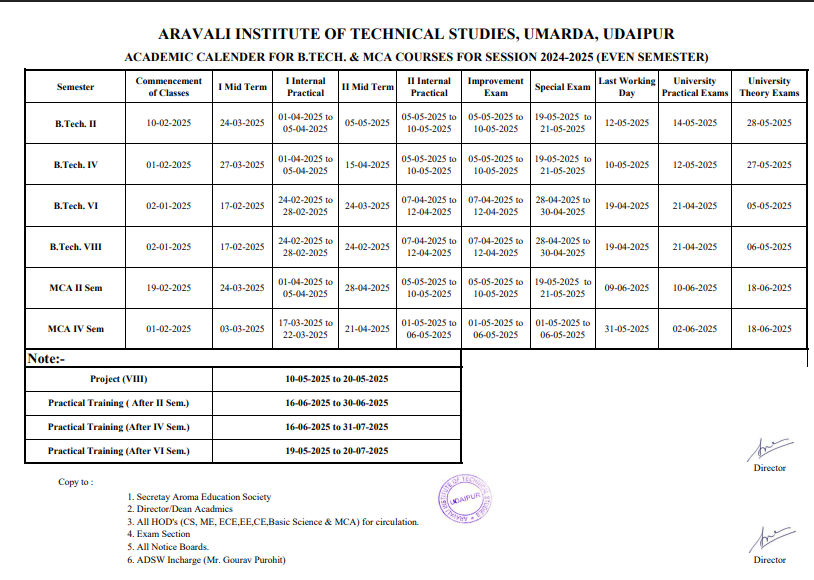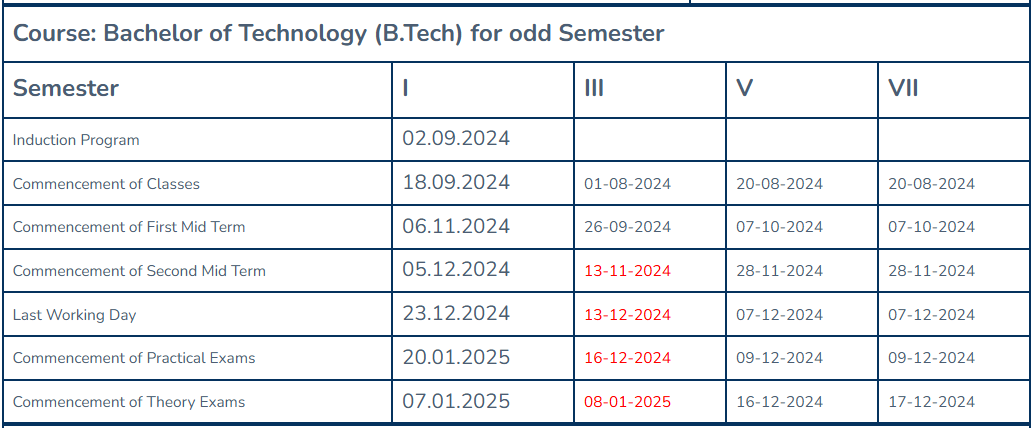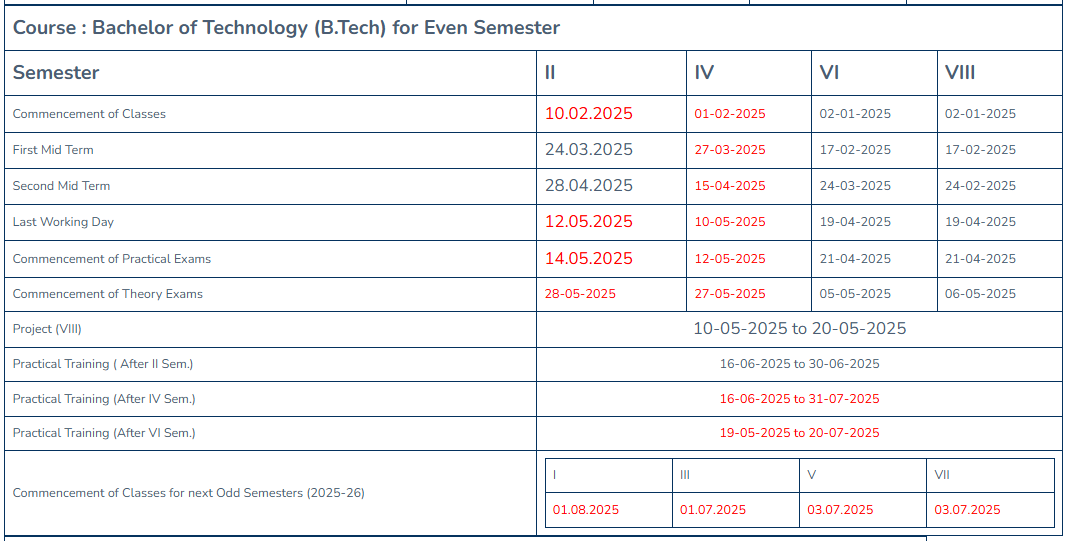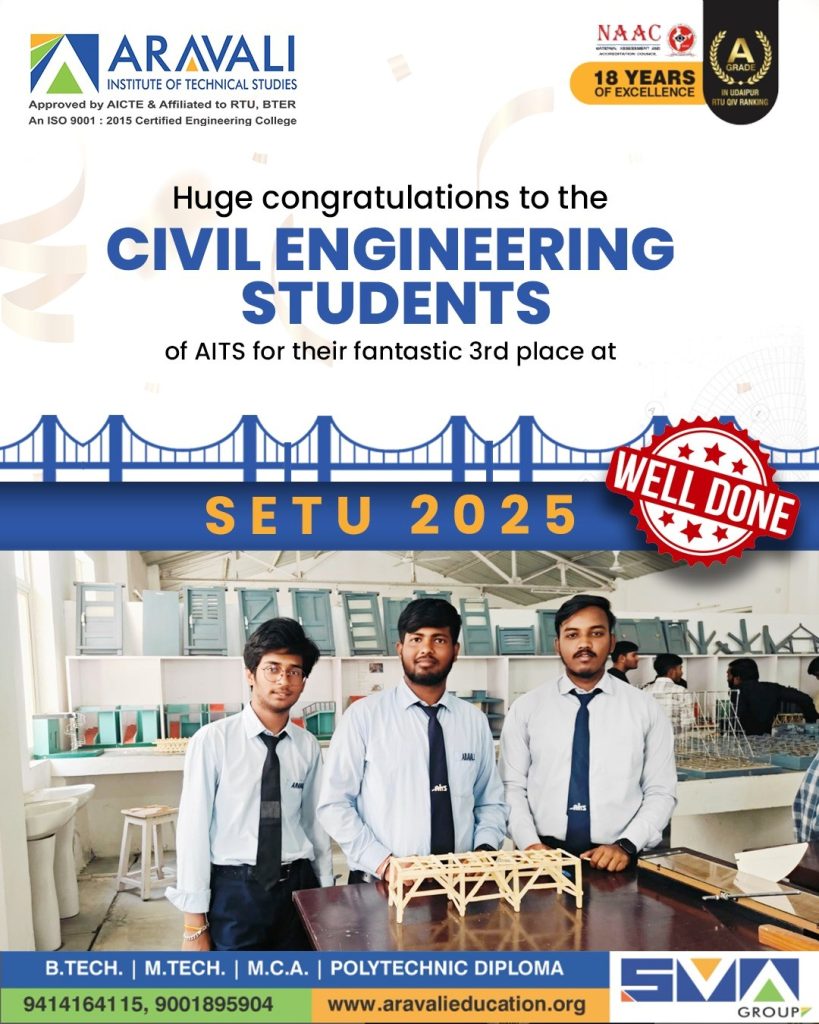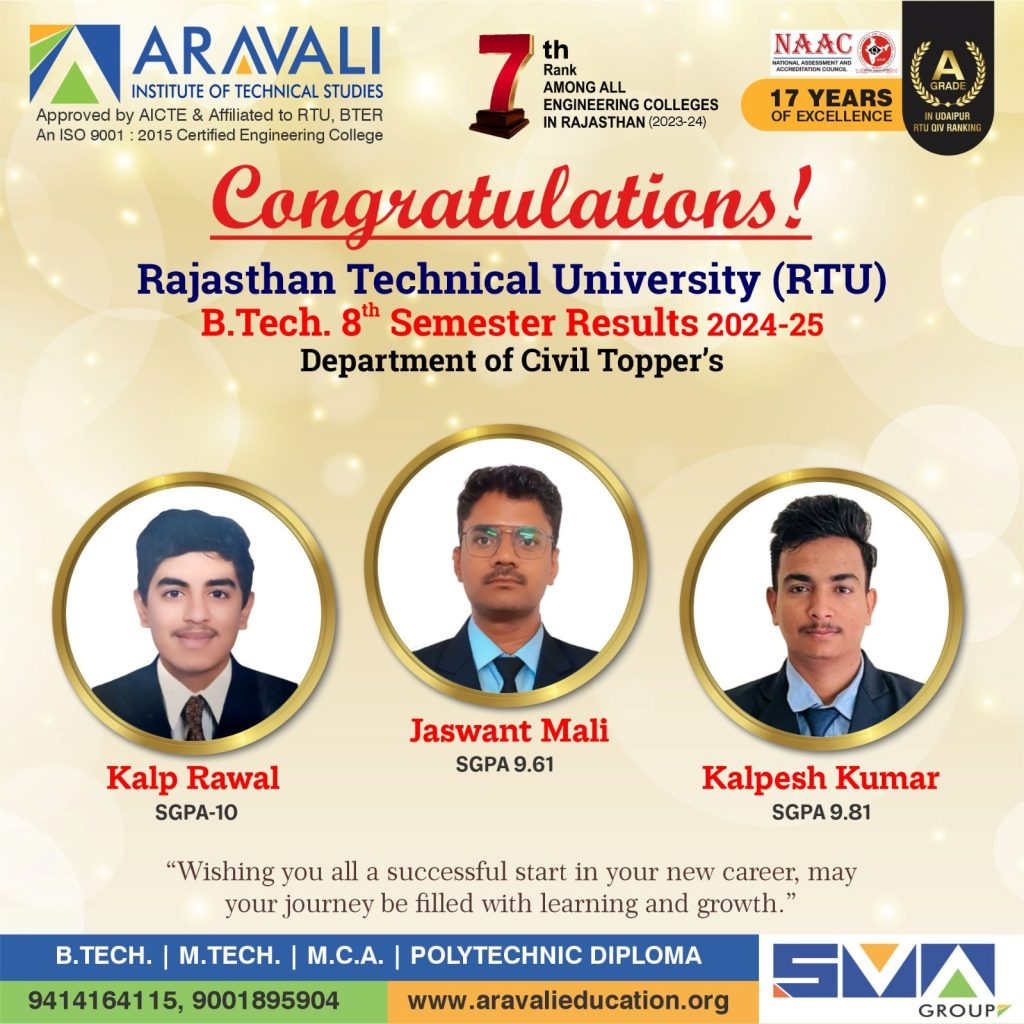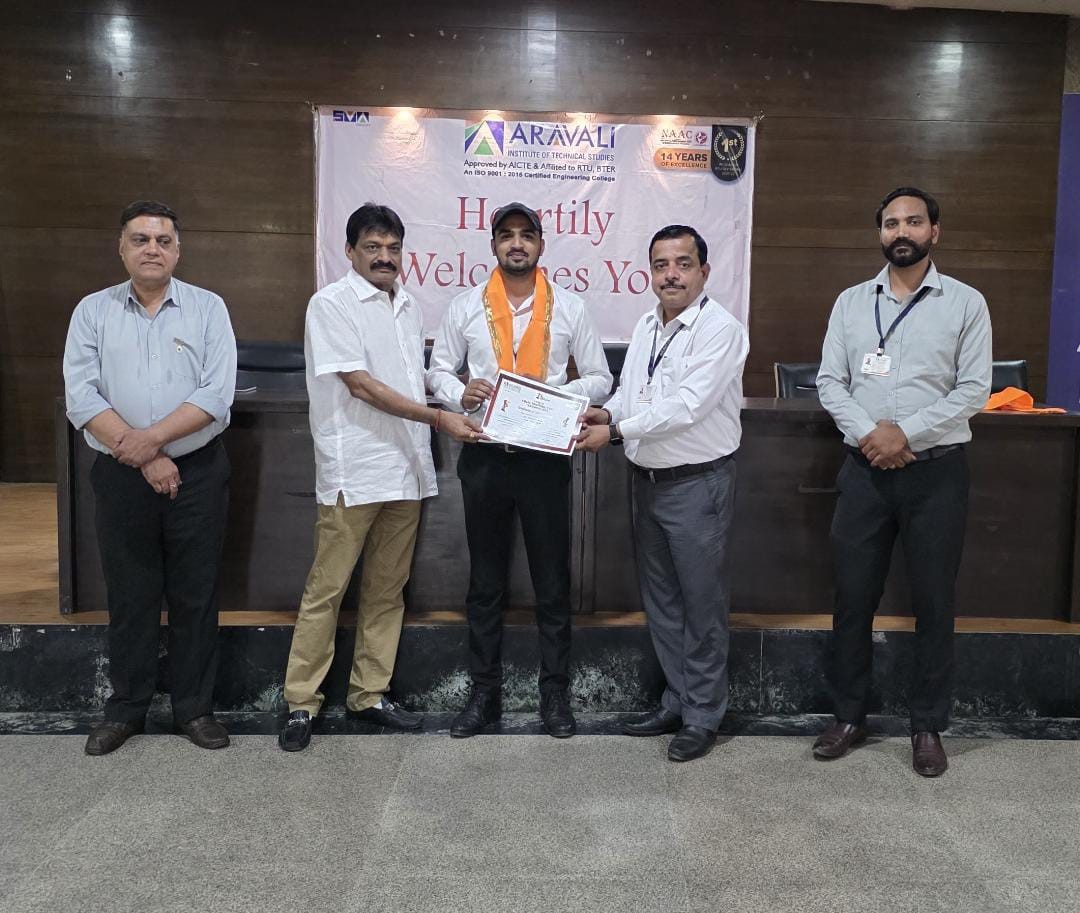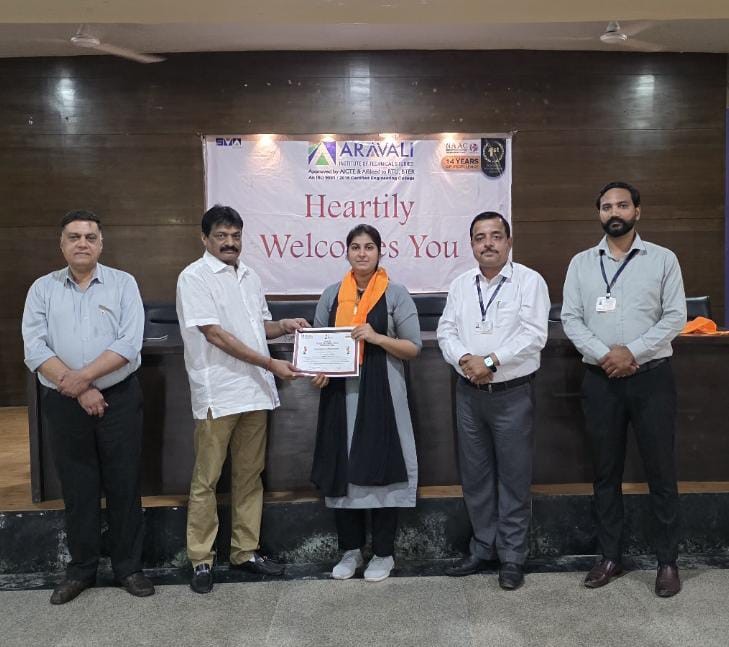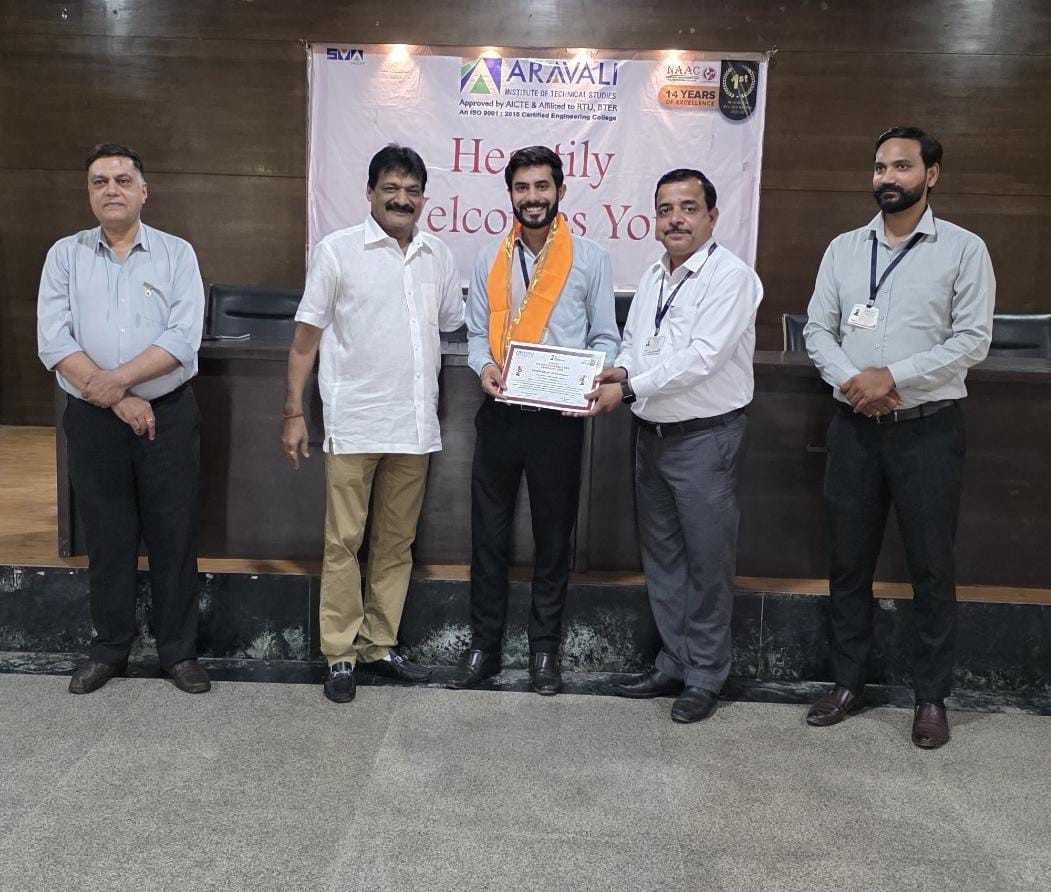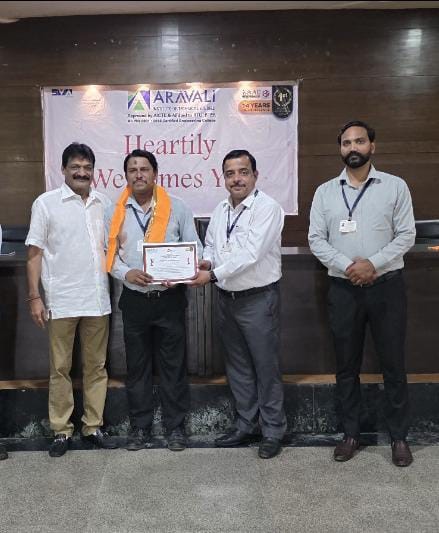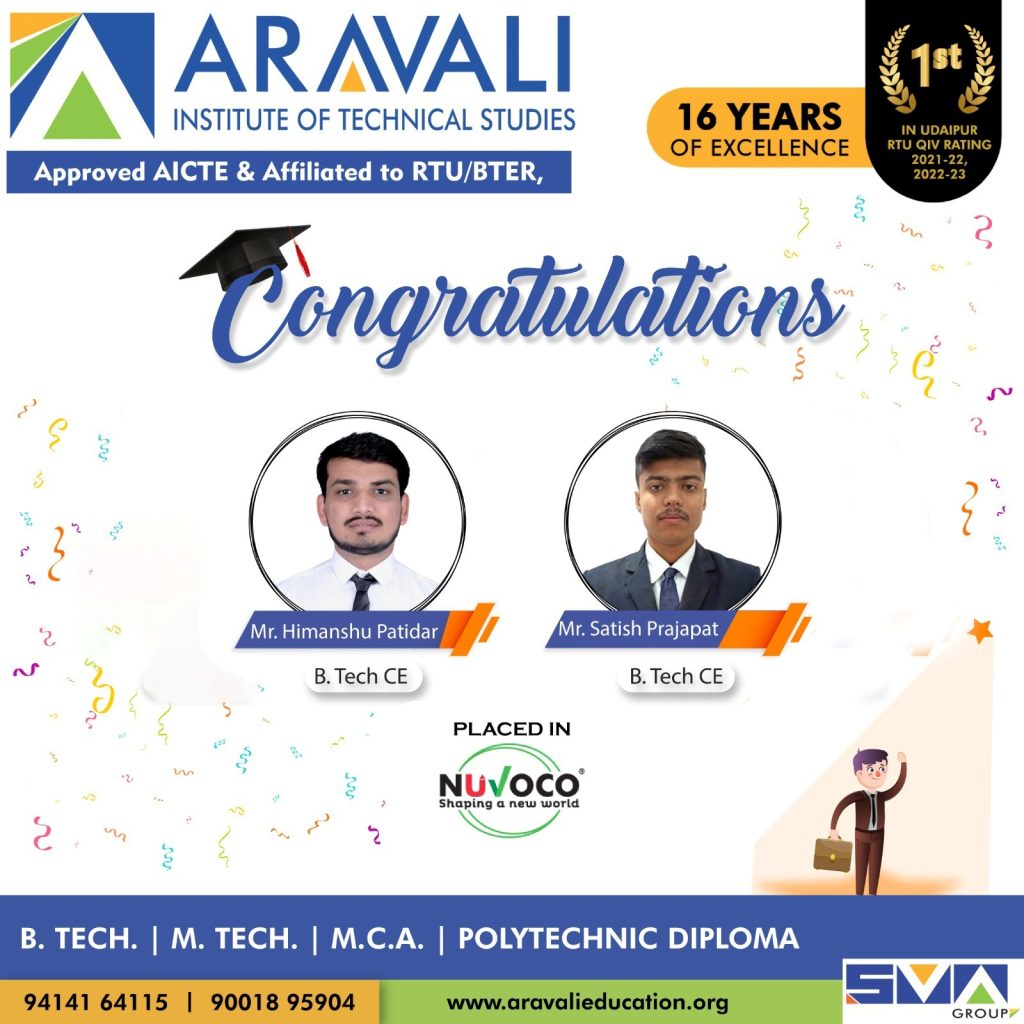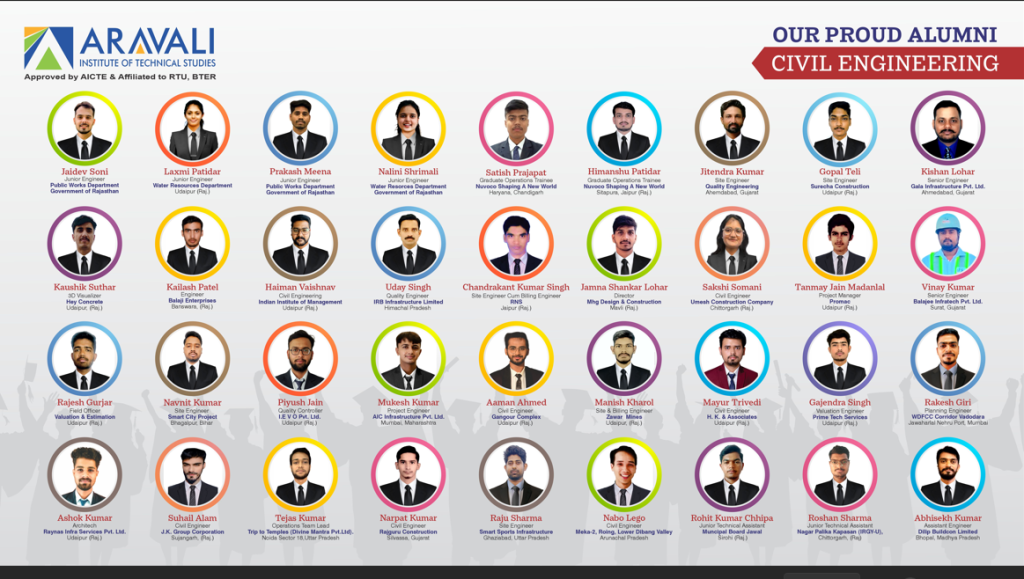Department of Civil Engineering
About Civil Engineering :-
This is one of the oldest branches of engineering and also referred as Mother of all Engineering Branch. Civil Engineering is a branch of engineering involved in the conceptualization, planning, design, construction and operation of systems, facilities and infrastructure needed for maintaining and supporting modern civilization.
Civil engineering department was introduced in 2012. These are professional practice of designing and developing infrastructure projects. Civil engineers are concerned with designing, building and maintaining man-made products and constructions. This can include Highway, bridges, canals, dams, refinery pipelines, reservoir, airport, tunnels, buildings, and more at both small/Local scales to huge-scaled projects. Civil engineers have a vital role in building the infrastructure for communities as well as developing new real estate and maintaining existing residential, commercial, or government buildings. They ensure that every road, bridge, airport, office building, water supply and sewage plant, and mass transit system is well-planned and executed. Management skills, teamwork and communication skills are particularly important because of the large-scale nature of much of the work that they do. Civil Engineering professionals have wider career opportunities and in the developing world the demand of qualified civil engineers is increasing.
DEPARTMENT VISION
To establish a center of learning for providing a quality-based engineering education to the students from the urban and rural area and services to the professional and the community; and to produce innovative civil engineers.
DEPARTMENT MISSION
(1) To serve the civil aspirants from all over the country by providing a broad and high quality education for a successful professional career.
(2) To promote quality education, research and consultancy for industrial and societal needs.
(3) To conduct strong basic and applied research.
OUTCOME-BASED EDUCATION (OBE)
Outcome-Based Education (OBE) is a student-centric teaching and learning methodology in which the course delivery and assessment are planned to achieve stated objectives and outcomes. It focuses on measuring student performance i.e. outcomes at different levels.


